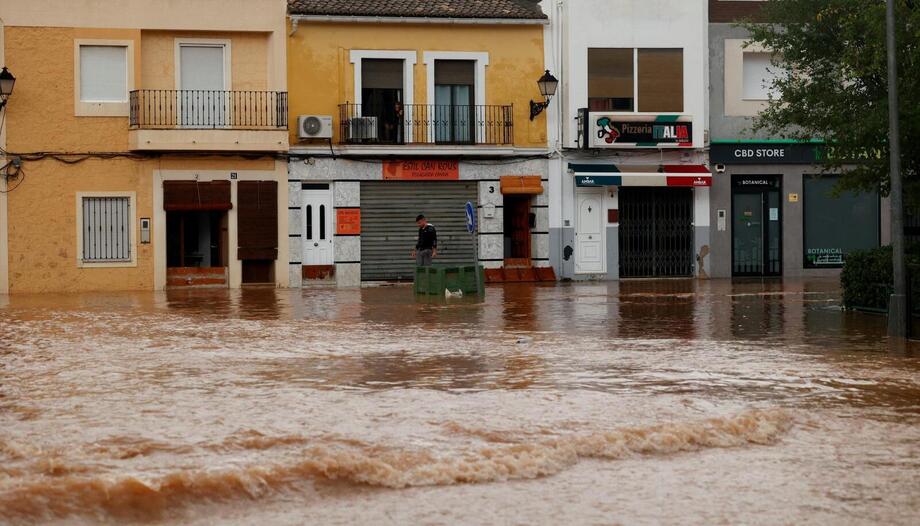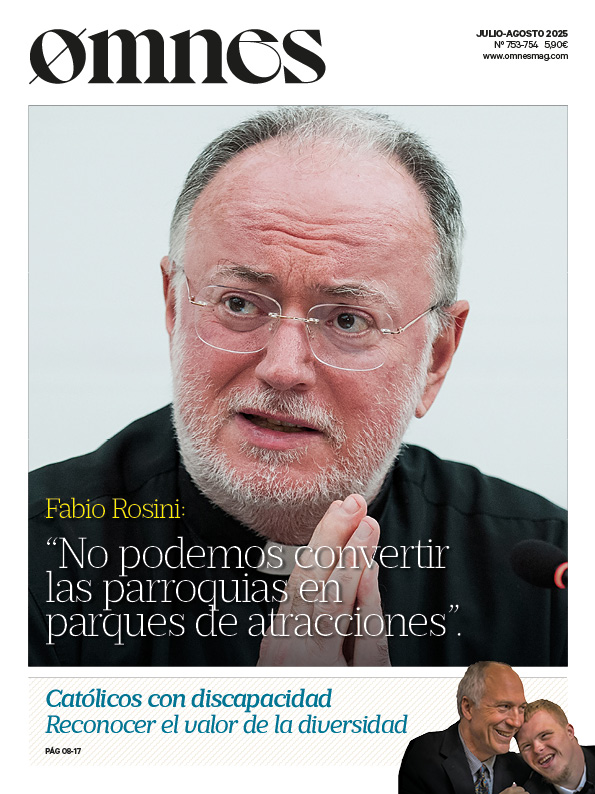We are still living through the devastating consequences of the DANA in ValenciaThe problem lies not only in the delay, but also and above all in the lack of intention to restore the previous situation. The problem is not only in the delay, but also and above all in the lack of intention to restore the previous situation. It seems a forgotten or normalized issue for many, like the situation of the victims of the Las Palmas volcano.
The underlying problem in this case is not in the multiple ideologies such as the cancellation of minorities, gender ideology, or "ghosts" such as post-truth, the dreaded AI, the complicated geopolitics, or as Luri says "the desolate advance of the four modern horsemen of the apocalypse (overpopulation, depletion of resources, pollution and climate change)", but in the great forgotten in our society, which is undoubtedly the common good, since it seems that only the individual good is present, in many cases dressed in the guise of social dialogue and democracy.
Julio Llorente in the Taberna Ilustrada (Vionemedia podcast), indicated in a program on the common good, what is his definition of this possible reality: a communion between the governors and the governed and with reality. In this case we can clearly speak of a lack of communion.
State and citizens
Gregorio Guitián, expert in the Social Doctrine of the Church at the UNAV, calls his attention precisely to this paradigmatic case of the DANA, because of the clear lack of help that has been given in this tragedy. The key to resolve this situation for this professor lies in the pastoral constitution "...".Gaudium et Spes"We cannot find our own fulfillment except in sincere dedication to others. In other words, we cannot continue our lives as if nothing happened when there is a crisis in society, because we are social beings.
The pandemic political slogan "leave no one behind" should be a real and proactive principle now and at all times, especially when there is collective fragility, on the part of politicians and citizens. On the other hand, the popular slogan "only the people save the people" is incomplete, because as a society we need a state and institutions that perform a subsidiary function.
We can say that the common good is nourished by the search for perfection, based on human dignity, which leads to the exercise of the principle of solidarity on the part of the citizens - the great heroes in the DANA - and the principle of subsidiarity on the part of the State and institutions, which are largely absent in this social crisis.
Return to the common good
Delving more deeply into the common good with the brief but accurate book by Mariano Fazio entitled "Citizenship. St. Josemaría and the common good," we can read, near the end of the book, a pastoral letter of April 2013 written by Javier Echevarría, in which he quotes the following clarifying text of Escrivá on the preferential option, properly understood, for the poor: "In these times of confusion, we do not know what is right, center, or left, in the political and social spheres. But if by left we mean achieving welfare for the poor, so that everyone can satisfy the right to live with a minimum of comfort, to work, to be well cared for if they get sick, to have children and be able to educate them, to be old and be cared for, then I am more to the left than anyone else. Naturally, within the social doctrine of the Church, and without compromises with Marxism or with atheistic materialism; nor with the class struggle, anti-Christian, because in these things we cannot compromise".
Therefore, a return or "pendulum swing" back to the common good is necessary in a polarized, atomized and divided society such as ours. Solidarity and subsidiarity are a sign of the search for the well-being of all.








